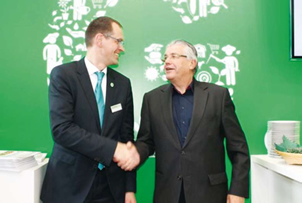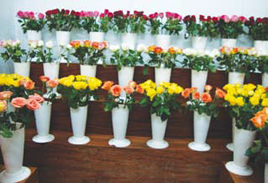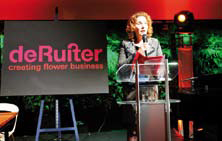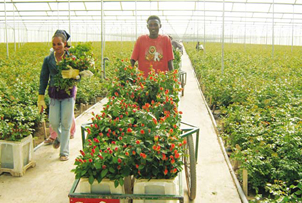“I wish I was a newspaper so I could be in your hands all day,” Biheshimiwa alias digital Lady fumed as she approached the sitting room. Without mincing words or turning my eyes from the obituaries page I was reading, I fired back, “I too wish that you were a newspaper so that I would have a different one every day.” This opened a canon of unprintable, which she vomited into my face and left me lying on the sofa set like a deflated condom. Unknowingly, all this had been caused by a brief assignment given to me by boss.
Earlier in the day, the editorial board had met. They went through all CVs in our third rate media house looking for someone to undertake a mission impossible. On my CV they read; Dr.(Debtor) Officer, BSC, (Bachelor of Stoning Cars) MPC (Mad People’s Combination) UON (University of Nowhere) MBA (Masters in Anything) Havard University, PHD, (Permanent Head Damage) in Laughtology, EKB (Elder of the Kitchen Budget), ETC (End of Thinking Capacity) Esquire. The CV was quite impressive to them and my boss to call me immediately.

 The two certification standards for flowers and plants agree cooperation. MPS and GLOBALG.A.P. have announced their agreement to work together and offer a synchronized certification solution for the horticultural sector.
The two certification standards for flowers and plants agree cooperation. MPS and GLOBALG.A.P. have announced their agreement to work together and offer a synchronized certification solution for the horticultural sector. Cold chain logistics requires maintaining temperature integrity, controlling all the processes involved means high levels of integration and coordination. Each supply chain partner— from harvester or producer to the ultimate seller—shares responsibility. For example, cold chain transportation units are commonly designed to keep ambient temperature constant, but not to bring a shipment to the optimal temperature. But if a shipment is not adequately prepared and conditioned, its quality may be compromised.
Cold chain logistics requires maintaining temperature integrity, controlling all the processes involved means high levels of integration and coordination. Each supply chain partner— from harvester or producer to the ultimate seller—shares responsibility. For example, cold chain transportation units are commonly designed to keep ambient temperature constant, but not to bring a shipment to the optimal temperature. But if a shipment is not adequately prepared and conditioned, its quality may be compromised. On Wednesday evening November 4, during an evening party at Claus Hoofddorp, rose breeder De Ruiter presented a special highlight of their journey from the past to their present existence. Through a video presentation that featured special effects, older pictures combined with new images, music and catering, guests were led through one hundred years of De Ruiter experiences. The highlight of the evening was presentation of the Royal designation by Mayor Drs. MM van ‘t Veld to De Ruiter directors and owners Henk de Groot and Oscar Peters. From this moment Royal De Ruiter take the opportunity to present its new corporate identity. The new royal blue, which was presented with logo, banners and images, was received with great applause.
On Wednesday evening November 4, during an evening party at Claus Hoofddorp, rose breeder De Ruiter presented a special highlight of their journey from the past to their present existence. Through a video presentation that featured special effects, older pictures combined with new images, music and catering, guests were led through one hundred years of De Ruiter experiences. The highlight of the evening was presentation of the Royal designation by Mayor Drs. MM van ‘t Veld to De Ruiter directors and owners Henk de Groot and Oscar Peters. From this moment Royal De Ruiter take the opportunity to present its new corporate identity. The new royal blue, which was presented with logo, banners and images, was received with great applause. The Ethiopian flower industry is flourishing, with the help of government incentives and low labor costs.
The Ethiopian flower industry is flourishing, with the help of government incentives and low labor costs.